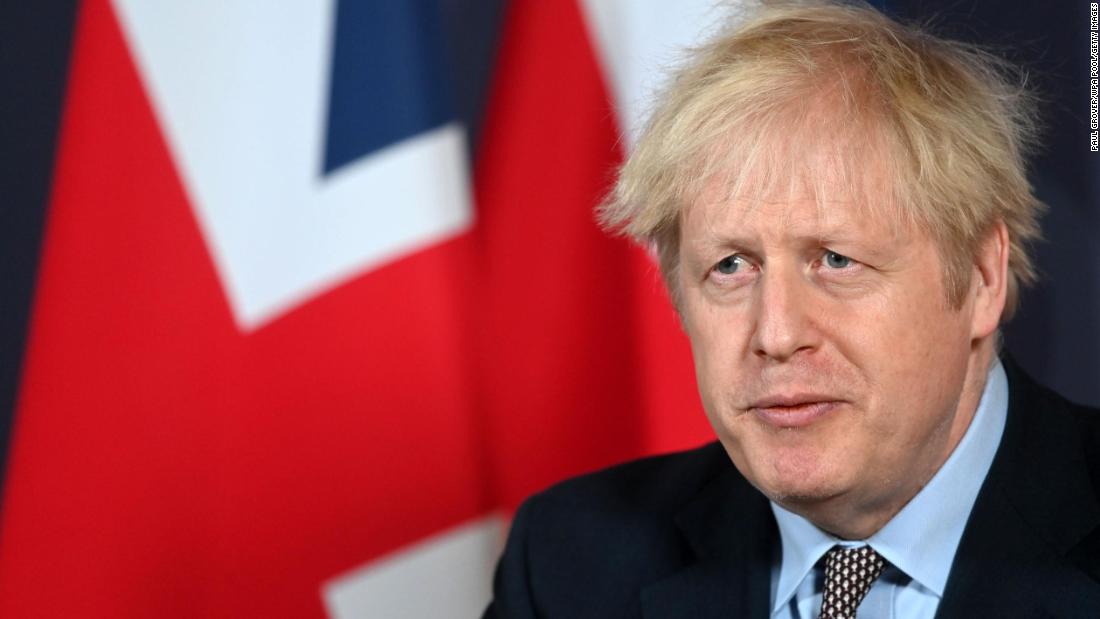
The draft was adopted comfortably, from 521 to 73, following accelerated sittings in both Houses of Parliament. The agreement, finalized last week, marks a significant milestone in more than four years after Britain voted to leave the EU and months of busy negotiations.
Opening the debate on Wednesday, Prime Minister Boris Johnson told members of Parliament that the agreement would “open a new chapter in our national history” and allow the UK to take “control of our laws and our national destiny”.
The government’s bill is now expected to pass in the House of Lords, the upper house of parliament; if approved, it is anticipated that royal approval will be received.
The agreement has already received provisional approval from the European Union, with both European Commission President Ursula von der Leyen and European Council President Charles Michel formally signing the agreement on Wednesday.
The European Parliament is expected to examine the agreement at a later date before it can be formally ratified by the European Union.
The agreement with Brussels establishes a new business and security relationship with Britain’s largest trading partner after months of deadlock in areas such as fishing quotas, how the UK would use state aid to support British businesses after Brexit, and legal supervision of any affected business.
The agreement, which keeps Britain’s duty-free and quota-free access to the bloc’s consumers, saves Britain some of the worst potential consequences of Brexit as it fights a crippling pandemic.
The agreement also appears to largely cover trade in goods, where the UK has a deficit with its EU neighbors, but excludes key service industries such as finance, where it currently enjoys a surplus.
Opposition leader Keir Starmer, who campaigned against Brexit, said the bill was “thin” and failed to protect trade in services, but that the Labor Party would support it given the devastating alternative: leaving. transition without an agreement.
The bill – which is 80 pages long, as opposed to the more than 1,200-page Trade and Cooperation Agreement (TCA) – has also been criticized for being rushed.
“Parliament considers implementing the ATT less than 48 hours before it is applied – so late as to make ‘no-deal’ the only possible alternative and of extremely limited use for those directly affected by it. Brigid Fowler, senior researcher at the Hansard Society, wrote.
The vote comes amid growing Covid-19 cases in the UK, as a more contagious variant of the virus is spreading across the country.
Hanna Ziady and Julia Horowitz contributed to this story.